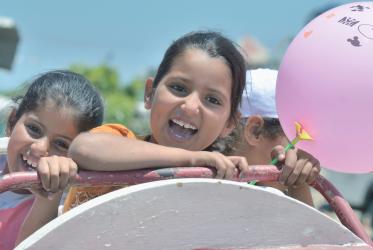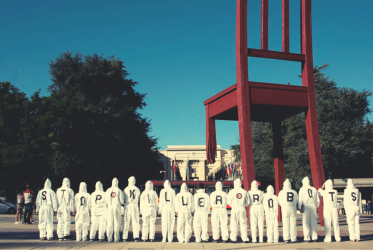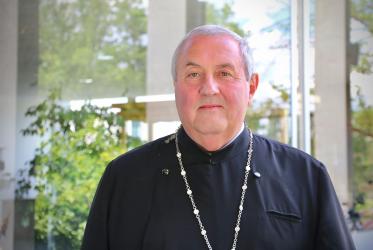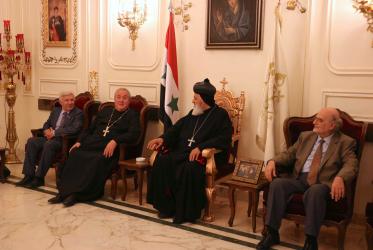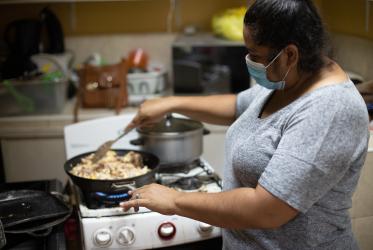Displaying 1 - 20 of 135
28 March 2024
Women and children in Gaza bearing brunt of ongoing war
16 January 2024
A Guide for Churches on the Prevention of Obstetric Fistula
26 October 2023
Strengthening Christian Perspectives on Human Dignity and Human Rights
Perspectives from an International Consultative Process
19 August 2022
WCC leaders recall life-changing experiences from early days
10 February 2022


